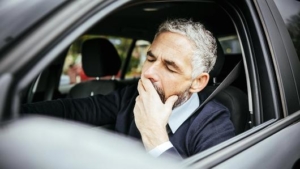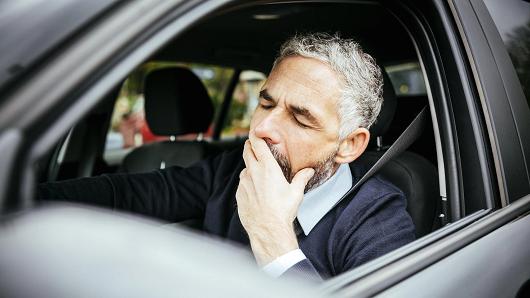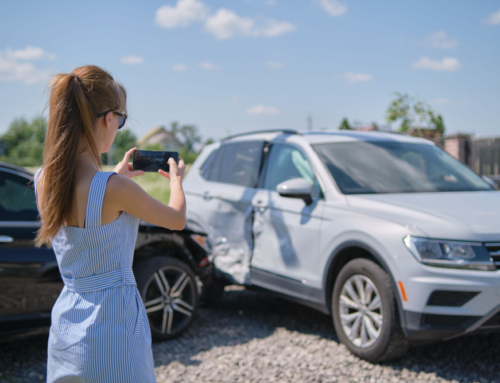 When it comes to driving drowsy, it’s never a good idea.
When it comes to driving drowsy, it’s never a good idea.
A study done by the NSF (National Sleep Foundation) found that 1 out of 7 drivers surveyed admitted to nodding off while driving one or more times in the past year. 1 in 10 said they had fallen asleep completely while driving in the same time period.
The numbers are pretty sobering, but drowsy driving can be prevented if you know the facts on this topic and ultimately choose not to get behind the wheel when you are tired.
Today we’re talking all about how to avoid drowsy driving as the operator of a motor vehicle so you can stay safe on the road and avoid not only accidents but injury too.
The AAA Foundation for Traffic Safety says that an astounding 1 of 6 fatal crashes can be chalked up to a drowsy driver. That’s a statistic that will wake you up!
With plenty of drowsy drivers hitting the road, it’s time to start talking about this topic. Compared to talking on cell phones and texting in the media, it doesn’t get nearly as much play. However, driving while tired, exhausted, fatigued, or similarly incapacitated is really dangerous and it’s happening on a regular basis.
The fact of the matter is, anytime you get poor sleep or are overworked or emotionally drained or distracted, you’re not going to be driving your best on the road. That exhaustion can mess with your ability to react quickly to situations and could land you in an accident.
Only 4 states in the U.S. currently have laws that explicitly address drowsy driving. Florida, California, Utah, and New Jersey all have legislation regarding this. New Jersey has Maggie’s Law, which allowed drivers to be convicted of vehicular homicide as a result of reckless driving if they have not slept in a period of twenty-four hours. Massachusetts is considering similar laws.
Here are some signs you should not get behind the wheel.
- Slow reaction time.
- Having a tough time focusing.
- Feeling tired.
- Feeling sleepy or on the verge of going to sleep.
- Yawning frequently.
- Blinking too much, having difficulty staying awake.
- Drifting out of your lane.
- Not being aware of vehicles around you.
- Hallucinating, dreaming while awake, day dreaming.
- People are honking at you.
- Having difficulty keeping your head up.
- Getting lost or missing your exit.
- Feeling incoherent or intoxicated (a symptom of sleep deprivation or sleepiness.)
Here are some ways you can avoid drowsy driving
- Get 8 hours of sleep
- Make sure you are rested
- Pull over if you are feeling sleepy
- Find a place to take a quick nap if you have time
- Let your passenger drive
- Drink some water or a caffeinated beverage
- Take a break every 30 minutes to stretch your legs and wake up
- Don’t take medication that can make you sleepy
Accidents are caused all the time due to drowsy or negligent driving. Have you been recently involved in an accident of this sort? Contact The Law Offices of Payas, Payas, and Payas and speak with an experienced car accident attorney to find out more.








